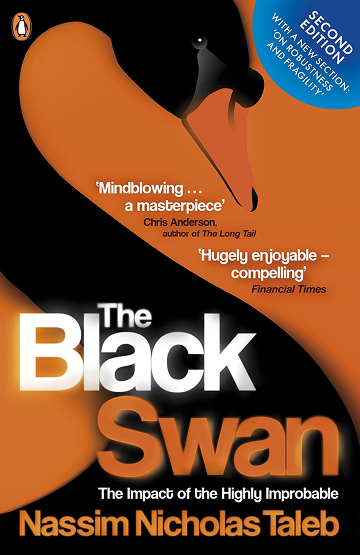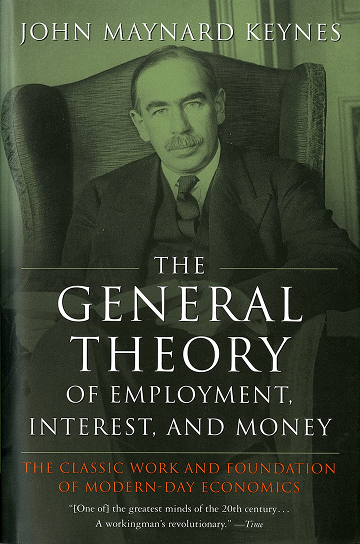
Khoo Teck Puat Biography, Career, Net Worth, and Key Insight



Khoo Teck Puat’s Profile Summary
|
Company
|
Goodwood Group |
|---|---|
|
Position
|
Was the owner of the Goodwood Group of hotels, a collection of boutique hotels located in London and Singapore. |
|
Source of wealth
|
Banking (founding of Maybank), hospitality (ownership of Goodwood Group of hotels), investments (notably in Standard Chartered Bank). |
|
Also known as
|
Philanthropist, major investor, hotel magnate. |
|
Years of life
|
13.01.1917 - 12.02.2004 |
|
Education
|
St Joseph’s Institution - completed up to standard eight, no formal degree |
|
Citizenship
|
Malaysian |
|
Residence
|
Singapore |
|
Family
|
Khoo Teck Puat’s immediate family included his wife and children, who later inherited his business empire after his passing. |
|
Website, Social Media
|
https://www.linkedin.com/company/thegoodwoodgroup/?originalSubdomain=uk |
Khoo Teck Puat’s biography
Khoo Teck Puat, born on January 13, 1917, in Singapore, was one of the most prominent businessmen in Southeast Asia. Starting his career as a bank clerk at Oversea-Chinese Banking Corporation (OCBC), Khoo quickly rose through the ranks, becoming a major figure in the banking industry. In 1960, he co-founded Malayan Banking (Maybank), which grew rapidly to over 150 branches within just three years. His visionary leadership and aggressive expansion strategies led to significant success. However, political and personal disagreements with the Malaysian government resulted in his ousting from Maybank in 1965. Despite this setback, Khoo turned his attention to the hotel industry, acquiring the prestigious Goodwood Park Hotel in Singapore. In 1986, he made international headlines by purchasing a significant stake in Standard Chartered Bank, ultimately becoming its largest shareholder. Khoo passed away in 2004, leaving behind a legacy in banking and hospitality. His fortune at the time of his death was estimated at US$4.3 billion, making him one of Singapore's richest individuals-
How did Khoo Teck Puat make money?
Khoo Teck Puat makes money in the following areas:
Banking (founding of Maybank), hospitality (ownership of Goodwood Group of hotels), investments (notably in Standard Chartered Bank).
-
What is Khoo Teck Puat net worth?
As of 2025, there is no publicly available and reliable information regarding Khoo Teck Puat’s net worth.
What is Khoo Teck Puat also known as?
Khoo Teck Puat was renowned not only for his financial and business acumen but also for his philanthropic activities. He made significant charitable contributions, notably in healthcare, with his family donating S$80 million to establish the Khoo Teck Puat Hospital in Singapore. As a hotel magnate, he expanded his influence in the hospitality industry by owning the Goodwood Group of hotels. In addition to these ventures, Khoo was a major investor, most famously acquiring a large stake in Standard Chartered Bank, where he played a critical role in safeguarding the bank from hostile takeovers and growing his financial legacyProminent achievements of Khoo Teck Puat
Founded Malayan Banking, acquired a major stake in Standard Chartered Bank becoming its largest shareholder, named Singapore's richest man in 2003 by Forbes with a net worth of $4.3 billion, received the Malaysian title "Tan Sri" for contributions to business and societyWhat are Khoo Teck Puat’s key insights?
Khoo Teck Puat was known for his aggressive business strategies, focusing on rapid expansion and seizing opportunities in both banking and real estate. He believed in bold moves and was not afraid to take risks, as demonstrated by his founding of Malayan Banking and his strategic investments in hotels and banks. His philosophy centered on growth and leveraging relationships to build a vast network, but he was also fiercely independent, often clashing with conservative viewpoints within established institutions
Khoo Teck Puat’s personal life
Khoo Teck Puat was married and had several children, including Khoo Ban Hock, who played a significant role in managing family affairs after his father’s death. His children inherited his stake in Standard Chartered Bank, which they eventually sold to Temasek Holdings in 2006. The Khoo family also continued to manage various charitable foundations and investments initiated by Khoo Teck Puat
Useful insights
Understanding market forces
In my experience, to truly succeed as an investor, it’s essential to understand the driving forces behind market behavior. Market movements aren’t random—they’re influenced by a range of economic theories and dynamics. The following books provide valuable insights into these forces, offering a deeper understanding of how global financial markets operate and what shapes their trends.
-
Nassim Nicholas Taleb – "The Black Swan"

-
Summary:
Taleb explores the concept of rare, unpredictable events—so-called "Black Swans"—that can have massive impacts on markets and society. These events are often overlooked by traditional risk management models, leading to devastating consequences when they occur. Taleb illustrates how these unpredictable shocks shape our world, often more than gradual, expected changes.
-
Why read it:
This book challenges conventional thinking about risk and uncertainty, showing that many major historical and financial events were "Black Swans." It's a vital read for investors who want to build resilience in the face of market volatility.
-
-
John Maynard Keynes – "The General Theory of Employment, Interest, and Money"

-
Summary:
Keynes revolutionized economics by focusing on total demand within an economy and its effect on output and inflation. His theory suggested that government intervention could stabilize economic cycles through fiscal and monetary policy. The book also explains the consequences of under-consumption and the role of interest rates in managing economic stability.
-
Why read it:
For investors interested in macroeconomic trends and policy impacts, Keynes’ work is essential. Understanding the Keynesian framework can help investors predict how government actions might influence market performance.
-
Other profiles in category
Popular Financial Guides
Latest Financial News

Silver price soars above 14-year high as Trump tariff threat triggers safe-haven flows

EUR/USD slips to $1.168 as tariffs weigh and ECB tempers cuts































































































































